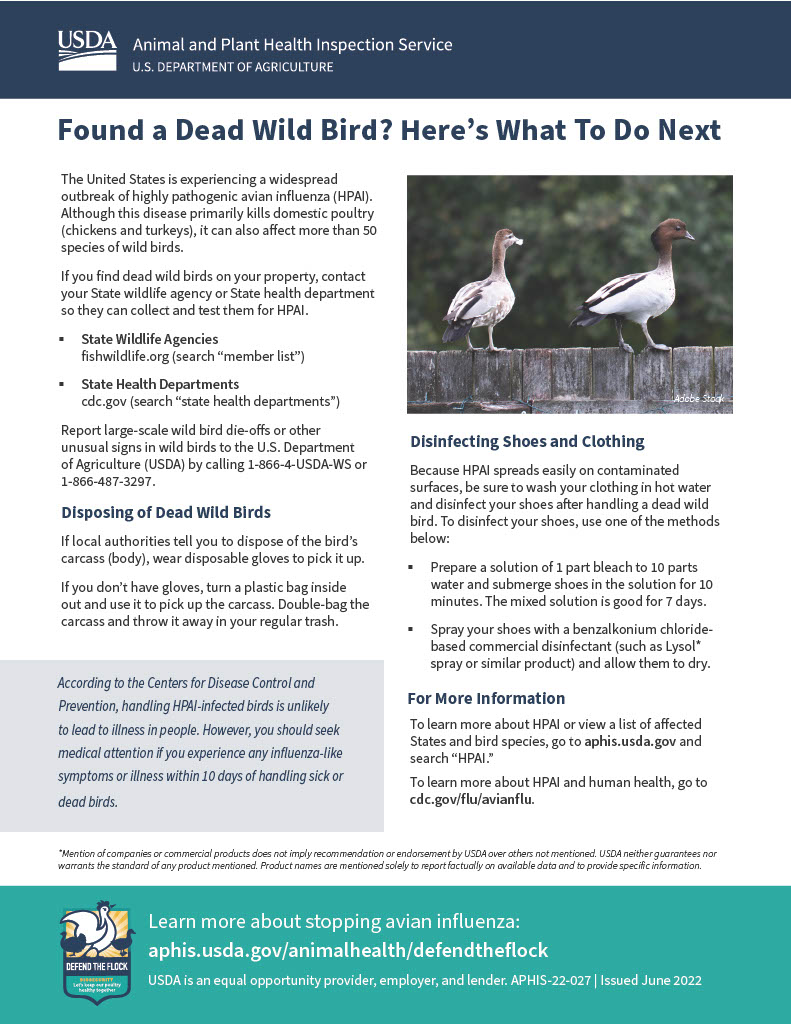High blood pressure, or hypertension, is a common yet serious condition that can lead to heart disease, stroke, and other health complications if left untreated. If you’ve been diagnosed with hypertension, the good news is that there are steps you can take to lower your blood pressure and protect your health.
1. Make Heart-Healthy Dietary Choices
What you eat plays a major role in managing hypertension. The DASH (Dietary Approaches to Stop Hypertension) diet is widely recommended for individuals looking to reduce their blood pressure. This diet focuses on:
2. Maintain a Healthy Weight
Excess weight puts extra strain on your heart and blood vessels, increasing your risk of hypertension. Losing even a small amount of weight can lead to noticeable improvements in blood pressure levels. A combination of regular exercise and mindful eating can help achieve and maintain a healthy weight.
3. Exercise Regularly
Physical activity strengthens your heart and helps keep blood pressure in check. Aim for at least 150 minutes of moderate-intensity exercise per week, such as brisk walking, swimming, or cycling. If you are new to exercise, start with shorter sessions and gradually increase your activity level.
4. Reduce Stress Levels
Chronic stress can contribute to high blood pressure. Consider stress-reducing techniques like deep breathing exercises, meditation, yoga, or engaging in hobbies that bring relaxation and joy.
5. Monitor Your Blood Pressure
Regular monitoring can help you track your progress and detect any concerning changes early. You can check your blood pressure at home using a monitor or visit your healthcare provider for regular screenings.
6. Take Medications as Prescribed
If your doctor has prescribed medication for hypertension, take it exactly as directed. Medications are often necessary to control high blood pressure, especially if lifestyle changes alone are not enough.
7. Cut Back on Alcohol and Quit Smoking
Excessive alcohol consumption and smoking can significantly increase blood pressure levels. If you smoke, quitting is one of the best things you can do for your heart health. Reducing alcohol intake can also have positive effects on blood pressure.
8. Seek Support and Guidance
Making lifestyle changes can be challenging, but you don’t have to do it alone. The Charles County Department of Health provides resources and education to help you manage hypertension effectively. Visit our Hypertension Education page for more information on controlling high blood pressure.
Taking proactive steps today can lead to a healthier future. By making small, sustainable changes, you can lower your blood pressure and reduce your risk of serious complications. If you have concerns about hypertension, speak with your healthcare provider to develop a plan that works best for you.
